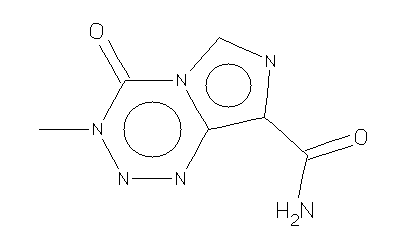A new device that can improve blood flow to the heart by puncturing tiny therapeutic holes in places that traditional coronary artery bypass surgery can't reach is just one of more than 140 medical products approved by FDA last year.
In 1999, FDA approved a wide range of innovative health-care products to treat medical conditions both common and rare--from brain and breast cancer, HIV, heart disease, and diabetes to the little-known but potentially life-threatening genetic disorder called familial adenomatous polyposis.
The agency's Center for Drug Evaluation and Research approved 83 new drugs in a median FDA review time of just under 12 months overall and a little over six months for the 28 "priority" products deemed to represent a significant advance over existing treatment options. The Center for Biologics Evaluation and Research approved 24 products in a median time of just under 8.5 months. And the Center for Devices and Radiological Health approved 41 products in about a nine-month median total review time.
Among the drugs and devices approved were 20 drugs and biologics that qualify under the Orphan Drug Program, which grants special privileges and marketing incentives to makers of treatments for conditions affecting fewer than 200,000 patients, too few to be routinely profitable.
In addition, seven products were developed under the Humanitarian Device Exemption, which exempts manufacturers from conducting clinical trials in some cases in which a device's benefit is expected to a reach a U.S. patient population of fewer than 4,000.
The following chart lists some of the most important drugs and devices that FDA has OK'd for marketing in 1999--some for the first time and others for a new use--along with a general description of the condition for which each is newly approved.
DRUGS (INCLUDING BIOLOGICS)
COPYRIGHT 2000 U.S. Government Printing Office
COPYRIGHT 2004 Gale Group



